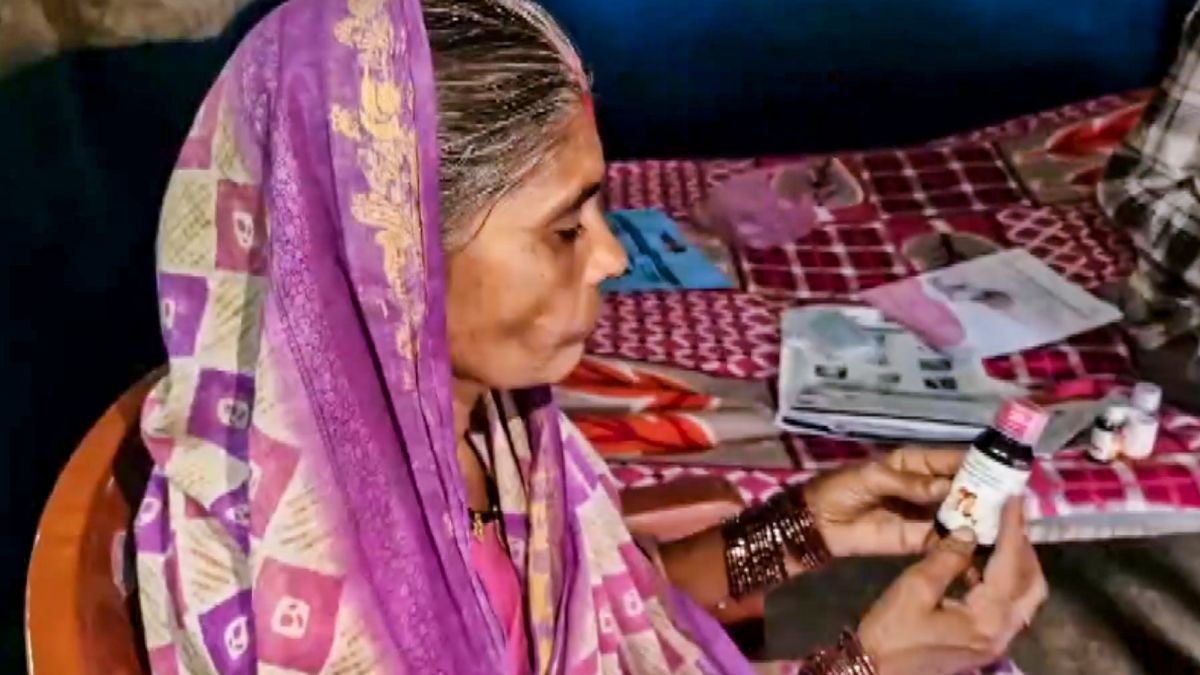
Coldrif Cough Syrup Scandal: 350 Violations Uncovered
In a disturbing revelation, the Tamil Nadu Drug Control Department has conducted a thorough investigation into the Coldrif cough syrup factory, uncovering more than 350 serious violations. This factory is linked to the tragic deaths of children in Madhya Pradesh’s Chhindwara, where at least 15 young lives have been lost due to contaminated syrup.
The inspection revealed alarming conditions at the factory, with the syrup being produced in unhygienic environments. It was reported that the facility lacked skilled manpower, proper machinery, and essential equipment, raising questions about the safety and quality of the products being manufactured.
Among the most alarming findings were the presence of toxic substances such as propylene glycol and diethylene glycol in the syrup. While propylene glycol is generally considered safe in low quantities, it can become hazardous with prolonged exposure. Diethylene glycol, on the other hand, is highly toxic and should never be found in food or medicines, yet it has been used as a cheaper substitute in many cases, leading to disastrous outcomes like the recent deaths.
Following these shocking discoveries, several Indian states have begun to take strict measures. In Madhya Pradesh, where the majority of the deaths occurred, there is an increasing demand for accountability and safety. The health department in Kerala has mandated that any medication for children under 12 must be prescribed by a doctor, emphasizing the need for careful oversight in pediatric care.
In Karnataka, health officials have advised against prescribing cough syrups to children under two years of age, while Jharkhand has gone a step further by banning the sale, purchase, and use of three specific cough syrups, including Coldrif, to protect vulnerable children.
This situation has raised serious concerns about the regulation of pharmaceuticals in India and the urgent need for stringent quality control measures. The tragic loss of young lives has sparked a nationwide dialogue on the safety of medicines, particularly for children, and the importance of ensuring that such incidents are prevented in the future.











